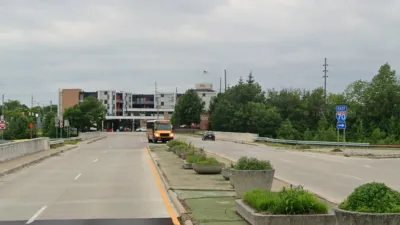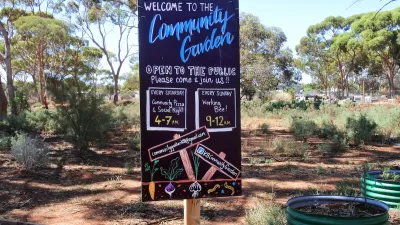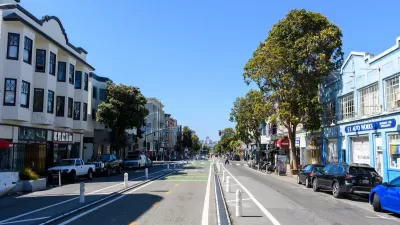Historian Daniel London argues that by "excavating a 'usable past'" urbanists can find relevant, cutting edge ideas for solving the seemingly unprecedented challenges of global urbanization.
For example, London points to the rapid urbanization of the industrial North Atlantic during the 19th century, and the associated ills of inequity and despair experienced in
the tenements of New York's Lower East Side and the rookeries of
London's East End as analogous to the challenges facing informal settlements in the contemporary developing world.
London looks to examples from the urban reform movement of the late 19th and early 20th
centuries and the "ethos of
experimentation, collaboration, and civic engagement with which
reformers and activists tackled these challenges...Their
vision of community empowerment stressed democratic
deliberation and bottom-up cooperation, a language paralleled today
by those who would upgrade slums in a non-destructive manner."
"Well before the term 'government 2.0' came into parlance
reformers on both sides of the Atlantic were trying to foster
active citizenship through public art and innovative local
government initiatives...Tactical urbanists of today can learn from the
playground movement of the early 1900s, which appropriated
under-utilised spaces and lots to serve neighbourhood needs.
Furthermore, all these ideas and practices were shared via national
and international networks of urban reformers. Sound familiar?"
For London, the responses by reformers of another era to the challenges of their times deserve to be assessed in the same way one might question the practices transmitted to us across space. "The means and ends of turn-of-the-century urban reformers
parallel our own in numerous ways, offering practices and ideas to
learn from and compare with our own efforts."
FULL STORY: Past is more than prologue: how today's urban reformers should learn from history

Planetizen Federal Action Tracker
A weekly monitor of how Trump’s orders and actions are impacting planners and planning in America.

Chicago’s Ghost Rails
Just beneath the surface of the modern city lie the remnants of its expansive early 20th-century streetcar system.

San Antonio and Austin are Fusing Into one Massive Megaregion
The region spanning the two central Texas cities is growing fast, posing challenges for local infrastructure and water supplies.

Since Zion's Shuttles Went Electric “The Smog is Gone”
Visitors to Zion National Park can enjoy the canyon via the nation’s first fully electric park shuttle system.

Trump Distributing DOT Safety Funds at 1/10 Rate of Biden
Funds for Safe Streets and other transportation safety and equity programs are being held up by administrative reviews and conflicts with the Trump administration’s priorities.

German Cities Subsidize Taxis for Women Amid Wave of Violence
Free or low-cost taxi rides can help women navigate cities more safely, but critics say the programs don't address the root causes of violence against women.
Urban Design for Planners 1: Software Tools
This six-course series explores essential urban design concepts using open source software and equips planners with the tools they need to participate fully in the urban design process.
Planning for Universal Design
Learn the tools for implementing Universal Design in planning regulations.
planning NEXT
Appalachian Highlands Housing Partners
Mpact (founded as Rail~Volution)
City of Camden Redevelopment Agency
City of Astoria
City of Portland
City of Laramie





























